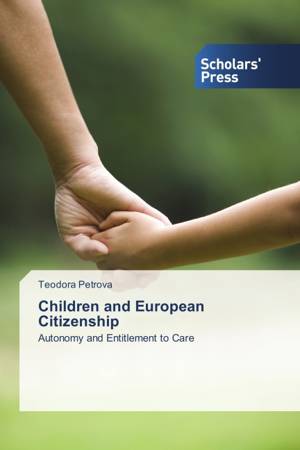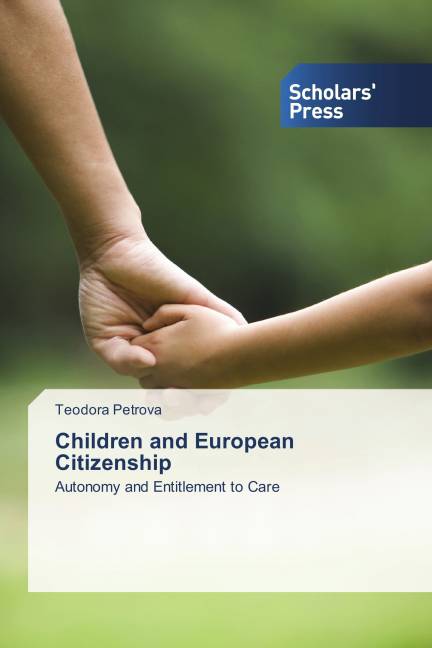
- Afhalen na 1 uur in een winkel met voorraad
- Gratis thuislevering in België vanaf € 30
- Ruim aanbod met 7 miljoen producten
- Afhalen na 1 uur in een winkel met voorraad
- Gratis thuislevering in België vanaf € 30
- Ruim aanbod met 7 miljoen producten
Zoeken
Children and European Citizenship
Autonomy and Entitlement to Care
Teodora Petrova
Paperback | Engels
€ 75,45
+ 150 punten
Omschrijving
The conundrum on the constitution of Union citizenship is progressively coming to the fore with the development of the case law of the European Court of Justice. This research delves into the thematic of what the status of EU citizenship and the associated right to freedom of movement yield for children in the Union. The topic has received little attention and even if discussed, children's issues are frequently tied to the rights of their parents. The work adopts an alternative approach by examining children's independent position in relation to both the status of EU citizenship and the right to freedom of movement. It demonstrates that the evolution of the influence of the concept of European citizenship and the related freedoms has strengthened children's autonomous status and secured some of their special kinds of interests.
Specificaties
Betrokkenen
- Auteur(s):
- Uitgeverij:
Inhoud
- Aantal bladzijden:
- 120
- Taal:
- Engels
Eigenschappen
- Productcode (EAN):
- 9783639664638
- Verschijningsdatum:
- 12/09/2014
- Uitvoering:
- Paperback
- Afmetingen:
- 150 mm x 220 mm
- Gewicht:
- 186 g

Alleen bij Standaard Boekhandel
+ 150 punten op je klantenkaart van Standaard Boekhandel
Beoordelingen
We publiceren alleen reviews die voldoen aan de voorwaarden voor reviews. Bekijk onze voorwaarden voor reviews.







